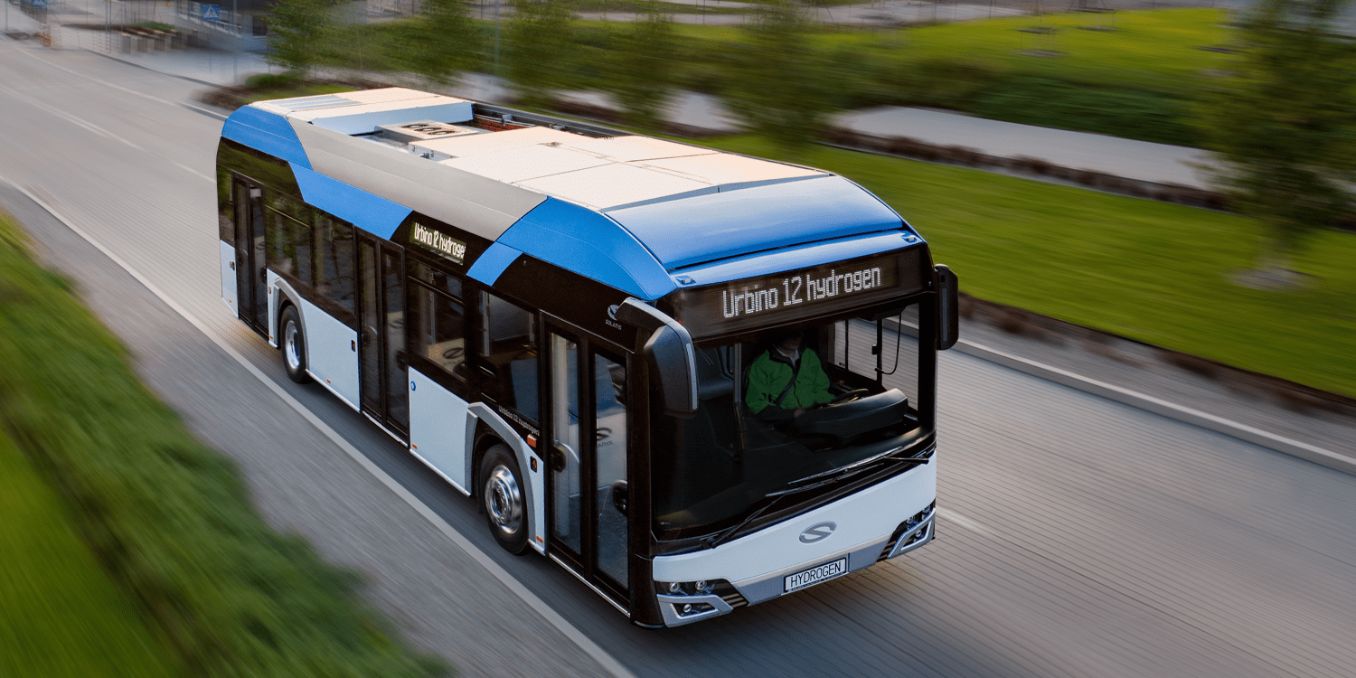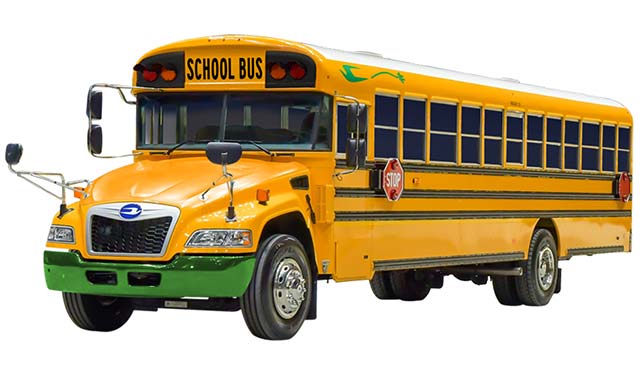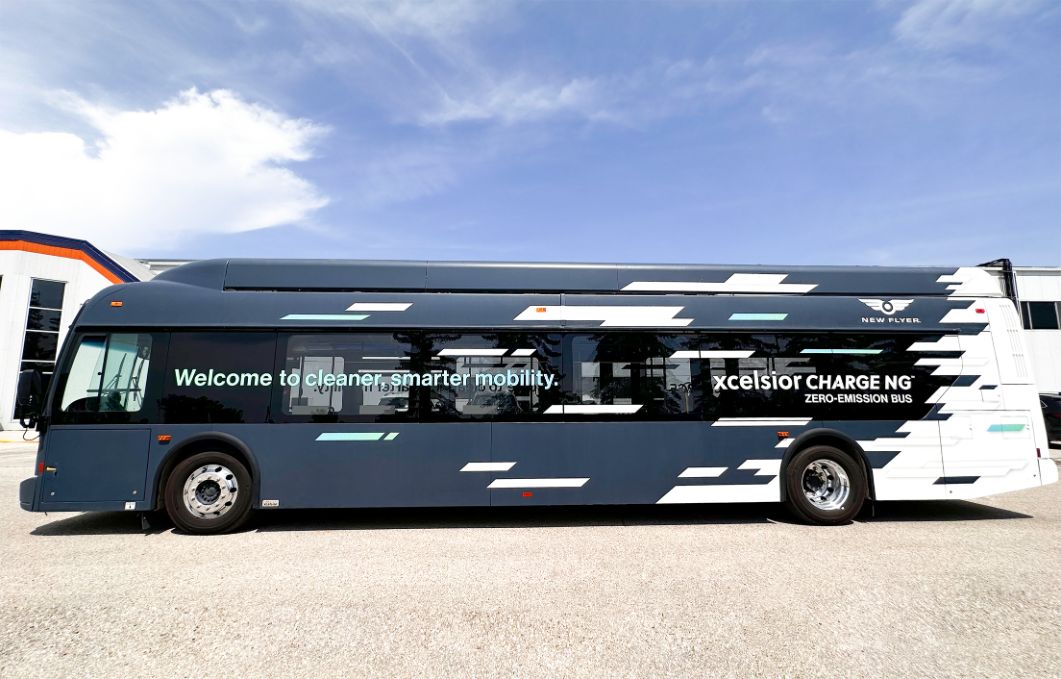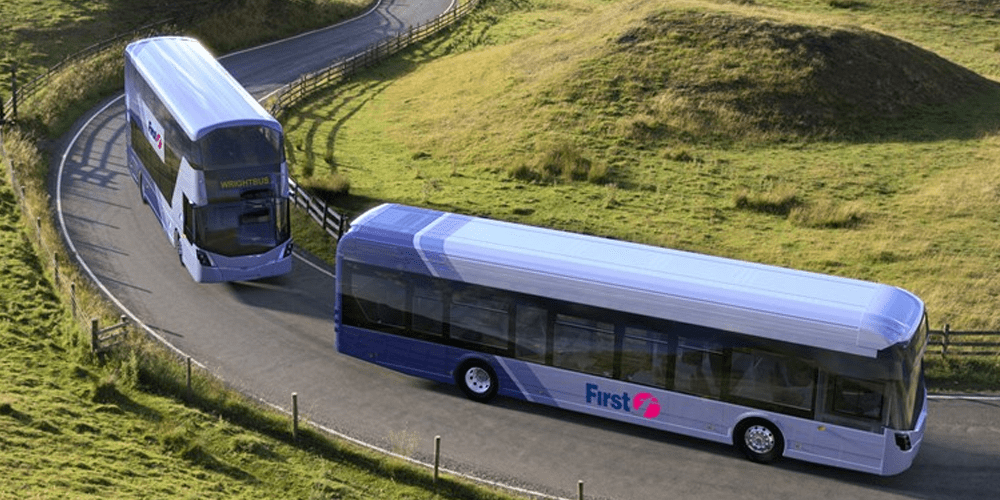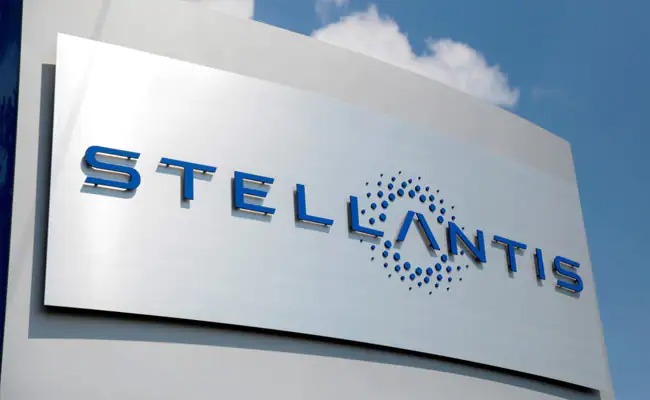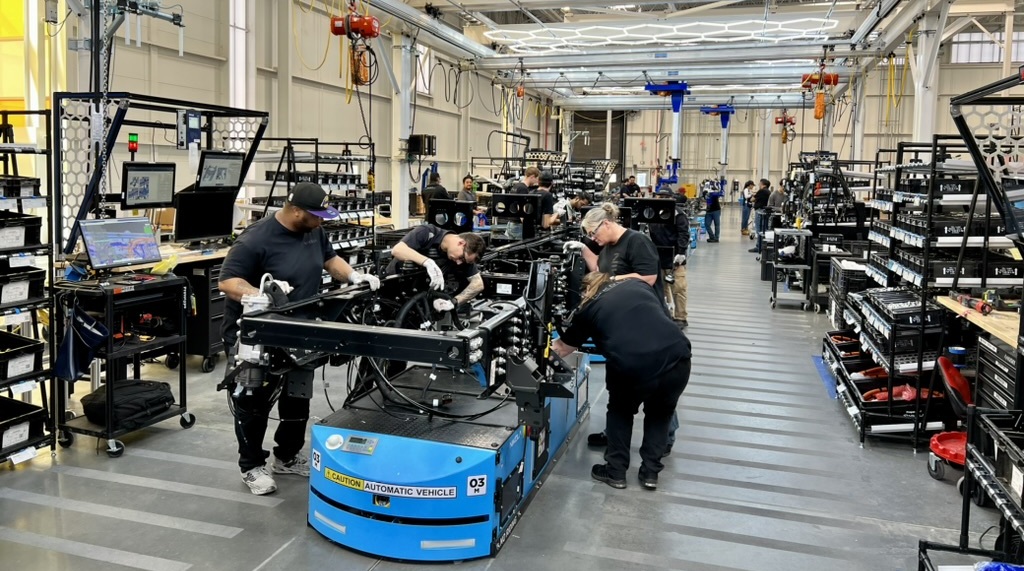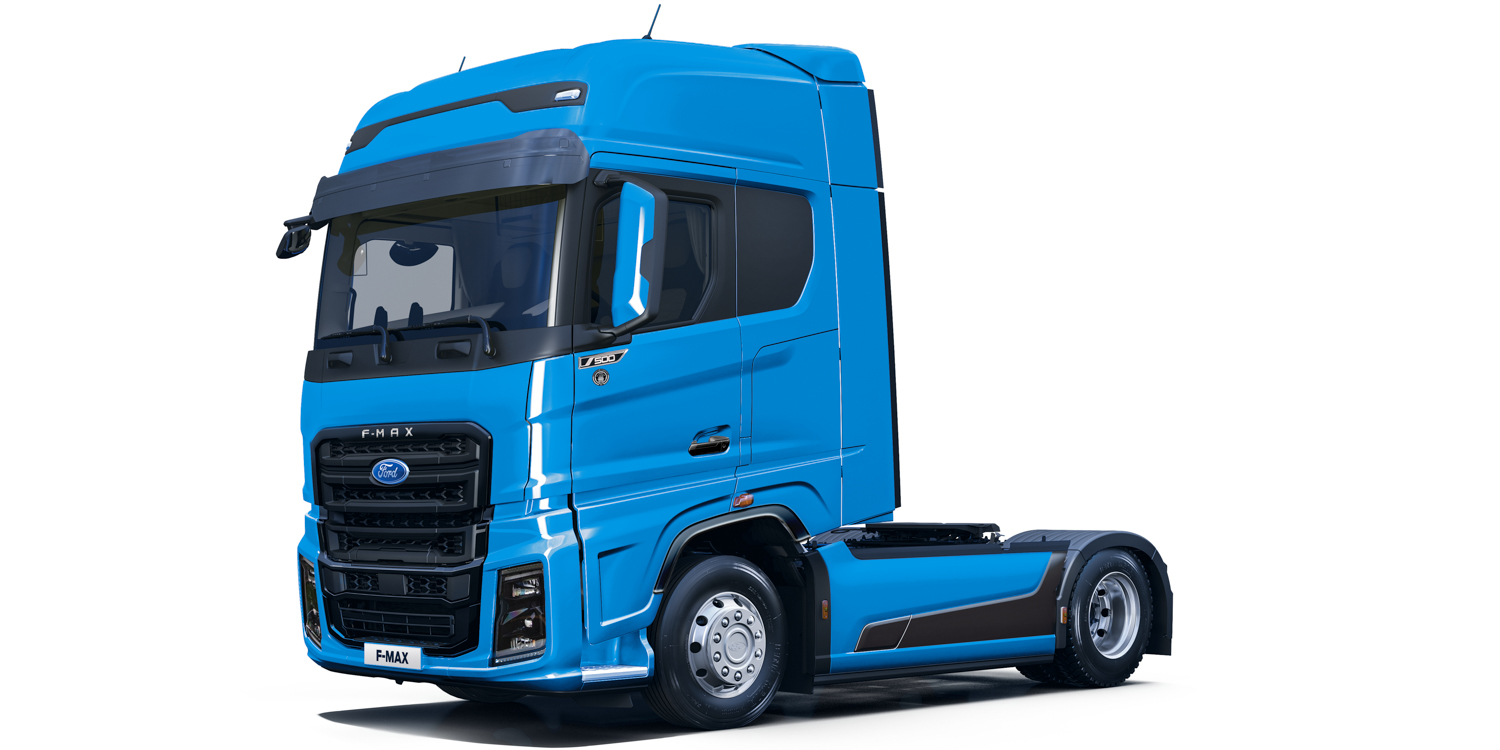Duisburger Verkehrsgesellschaft (DVG) has placed an order for 25 hydrogen buses from the renowned Polish manufacturer, Solaris. Under this new contract, DVG aims to bolster its eco-friendly fleet with eleven Urbino 12 hydrogen solo buses to be delivered by the end of 2024, along with fourteen Urbino 18 hydrogen articulated buses scheduled for arrival by mid-2025.
DVG is fervently pursuing an ambitious hydrogen-only strategy to electrify its entire bus fleet, embracing fuel-cell technology as the way forward. The ultimate goal is to procure a total of 100 new fuel cell buses by 2030 and establish the necessary hydrogen tank and workshop infrastructure. The groundwork for this significant initiative was set in November 2022, and now the initial quarter of the targeted fuel cell buses is being acquired. With an approximate investment of 20.5 million euros for the 25 vehicles, DVG expects part of the funding to come from subsidies, including support from the Rhine-Ruhr transport association, amounting to about 6.8 million euros.
See also: Solaris Secures Record Order for 52 Hydrogen Buses from Germany’s Mecklenburg-Vorpommern State
According to the specifications provided by DVG, each twelve-meter bus will be equipped with a 70 kW fuel cell module and an electric motor drive generating 160 kW. Meanwhile, the articulated buses will feature a 100 kW FC module and an electric drive system with 240 kW output. Remarkably, the buses are designed to cover a range of up to 400 kilometers on a single tank of fuel.
As part of the comprehensive plan, the tender for constructing the essential hydrogen infrastructure is slated for release in the third quarter of 2023. DVG CEO Marcus Wittig stated, “With the order of the first 25 hydrogen buses, we are taking another significant stride towards achieving a completely emission-free and sustainable public transport system in Duisburg. This transformation will make a decisive contribution to climate protection and enhance the overall quality of life in our city.”
With a resolute decision in favor of fuel cells, DVG is not only bidding farewell to diesel buses but also phasing out the seven battery-electric articulated buses that have been operational since March 2022. The City of Duisburg arrived at this conclusion based on a comprehensive study that compared the advantages and disadvantages of battery and fuel cell buses under various aspects. The findings revealed that fuel cell technology not only boasts cost advantages in operation but also results in lower CO2 emissions when using green hydrogen, as opposed to green electricity for battery-powered buses. This pivotal shift towards hydrogen buses showcases DVG’s commitment to pioneering sustainable public transportation and promoting environmental consciousness in the region.

